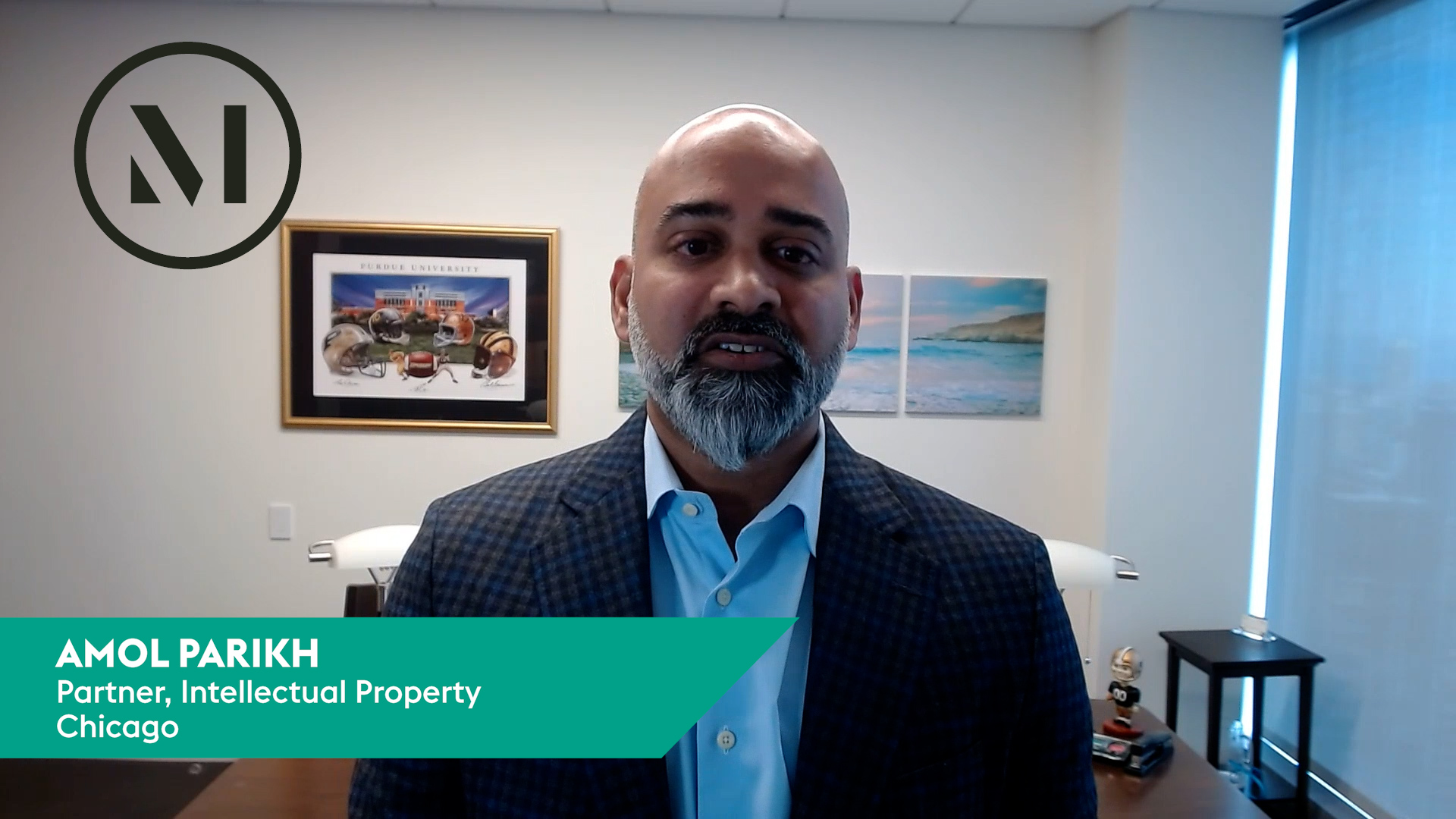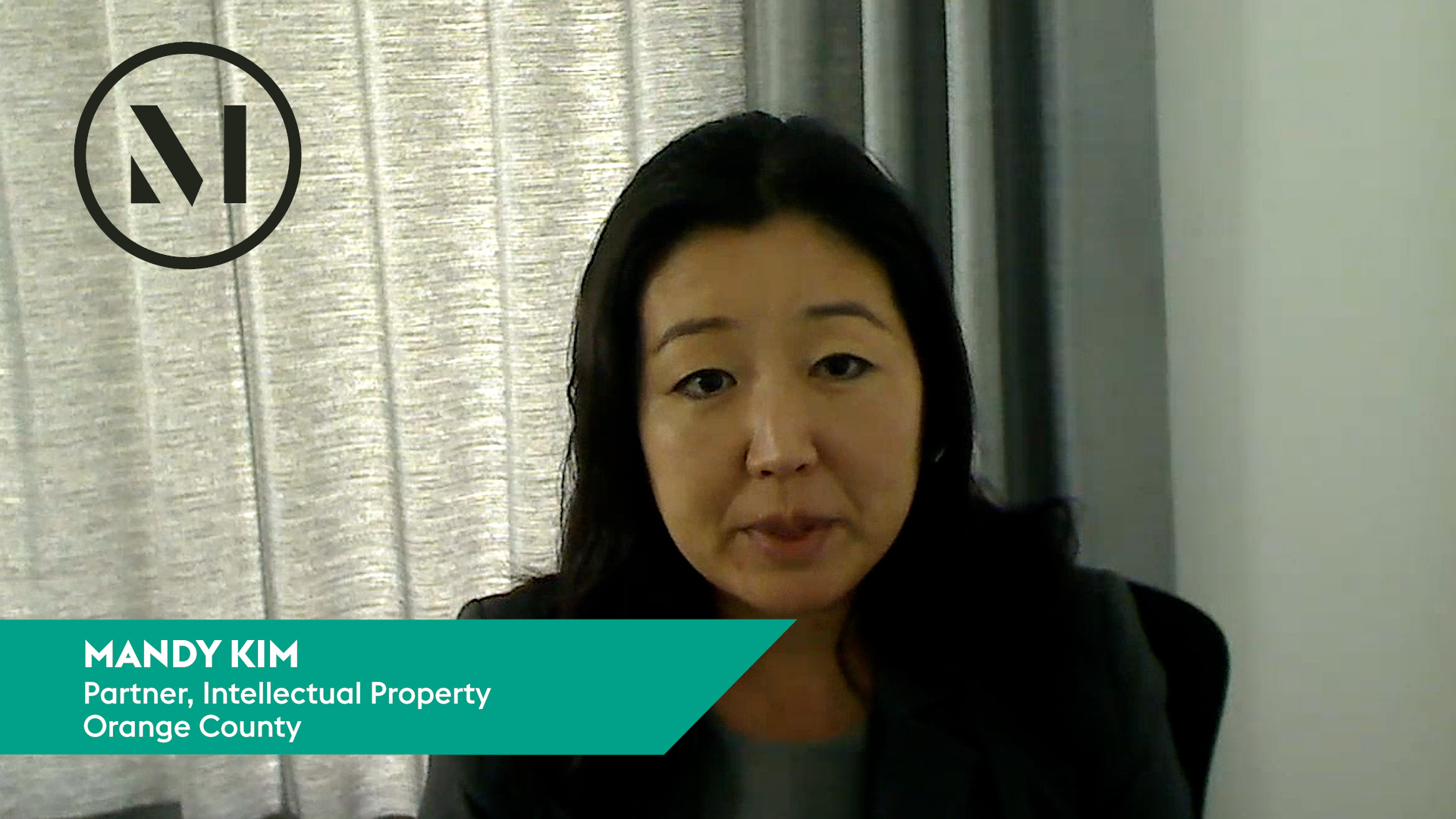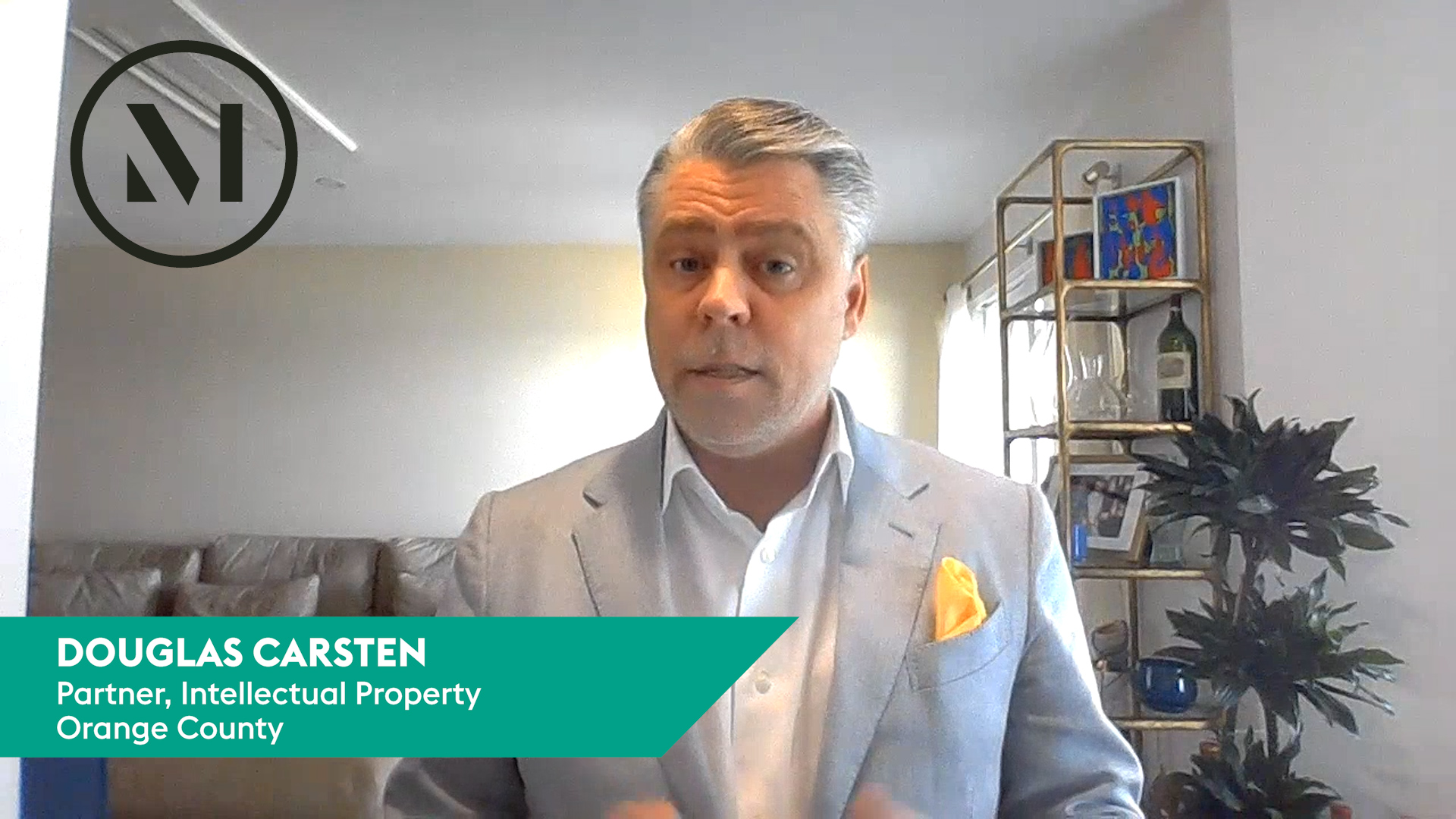The Court of Appeal (CoA) of the Unified Patent Court (UPC) clarified the legal standard for correcting obvious type inaccuracies in patent claims, explaining that the view of a skilled person at the filing date is decisive when assessing whether a patent claim contains an obvious error. Alexion Pharmaceuticals, Inc. v. Samsung Bioepis NL B.V., Case No. UPC_CoA_402/2024; APL_40470/2024 (CoA Luxembourg Dec. 20, 2024) (Grabinski, Blok, Gougé, JJ.; Enderlin, Hedberg, TJ.)
Alexion owns a European patent directed to a drug comprising an antibody that includes the “SEQ ID NO:4” amino acid sequence and that binds “complement component 5” (C5). The description refers to SEQ ID NO:4 as a sequence of 236 amino acids, and the claims also refer to SEQ ID NO:4. It is known in the state of the art that an antibody comprising the entire amino acid sequence, including amino acids forming a “signal peptide,” is unlikely to bind C5. Alexion sought provisional measures, arguing that Samsung infringed Alexion’s patent even though Samsung’s drug did not include the first 22 amino acids (i.e., the signal peptide in this case) of SEQ ID NO:4.
Originally, Alexion applied for the patent as granted but later requested to amend the claims to exclude the first 22 amino acids because of an obvious error during prosecution. The Technical Board of Appeal (TBA) of the European Patent Office (EPO) rejected the request and found that the requested amendment was not a correction of an obvious error.
The Court of First Instance similarly rejected Alexion’s request, although it found that Samsung made literal use of the patent. The Court of First Instance argued, contrary to the TBA, that the first 22 amino acids were meant to be excluded from SEQ ID NO:4 in the patent claim, and that this sequence was obviously not correctly reproduced in the view of a skilled person because otherwise the claimed drug would be unsuitable to bind to C5 (as was undisputed by the parties). However, the Court of First Instance rejected Alexion’s request for provisional measures against Samsung. The Court of First Instance clarified that it must consider not only its own claim interpretation but also the TBA’s different interpretation. Its rationale was that because it is the infringement-focused court, the Court of First Instance should, before ordering provisional measures, consider whether the TBA, based on its interpretation, would revoke the patent in parallel proceedings because of insufficient disclosure under Article 83 of the European Patent Convention. Ultimately, considering the TBA’s claim interpretation, the Court of First Instance found that the patent’s validity was not certain to the extent required to provide provisional measures. Alexion appealed.
The CoA rejected Alexion’s appeal, finding that the Court of First Instance’s claim interpretation (i.e., excluding the first 22 amino acids from the claim ) was legally flawed. The CoA instead adopted the TBA’s claim interpretation and argued (on this point, not much different from the Court of First Instance) that the EPO was likely to revoke the patent. The [...]
Continue Reading
read more


 Subscribe
Subscribe





